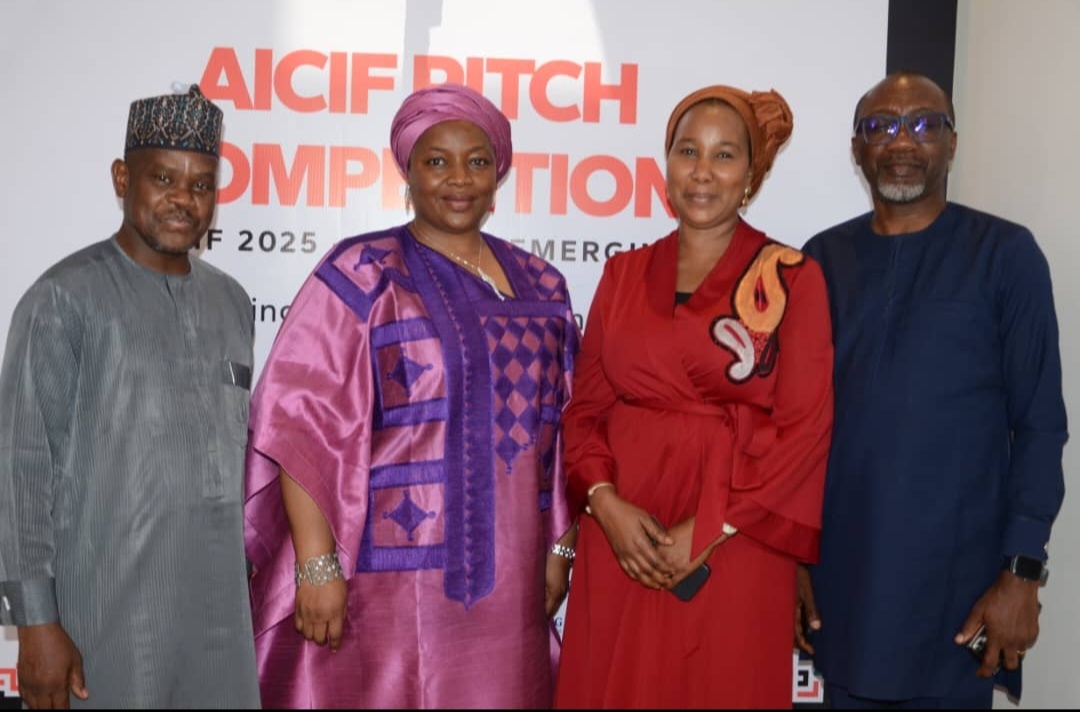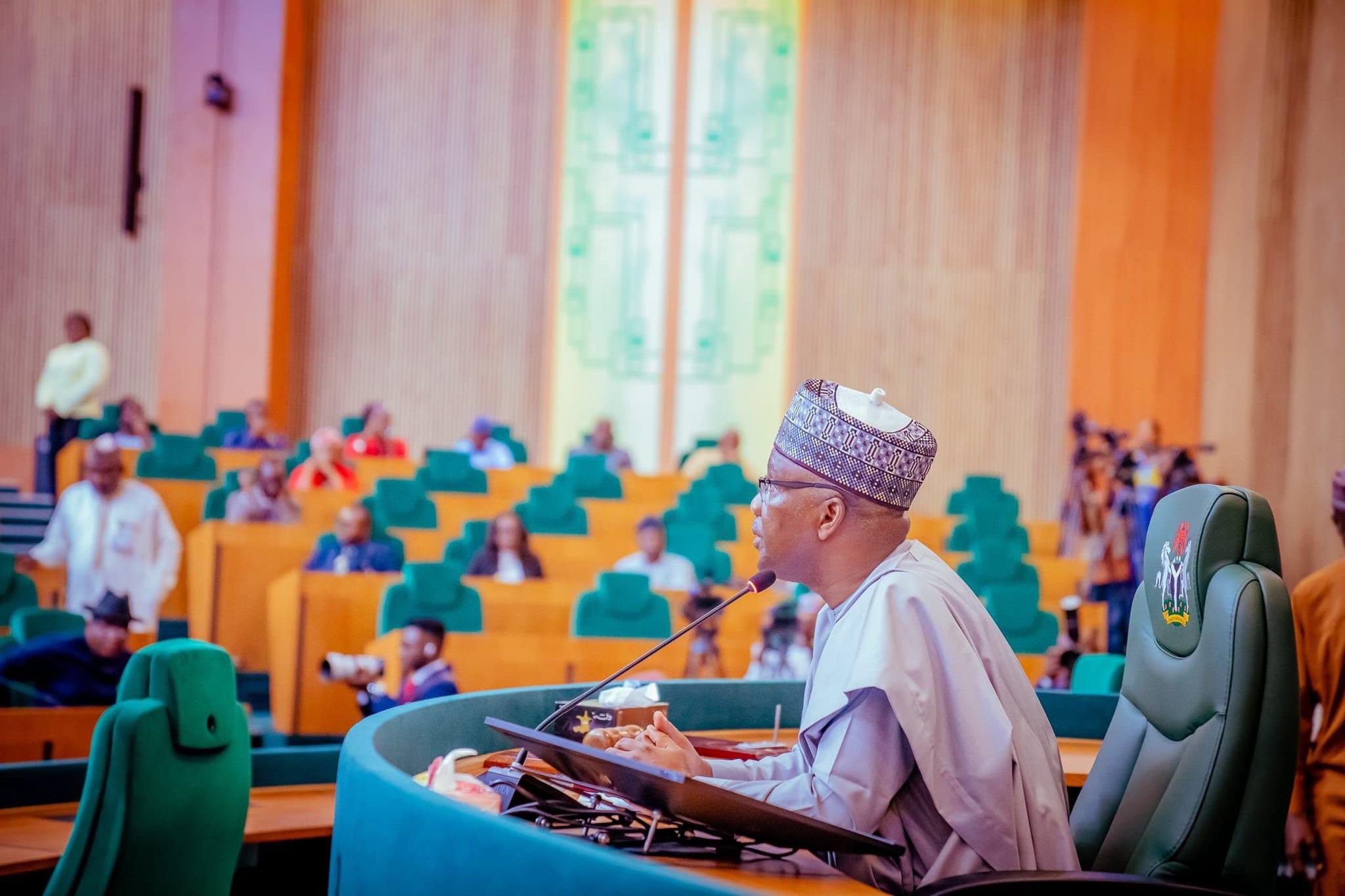Uba Sani
In the early hours of September 5, 2009, Nigeria and indeed the entire continent of Africa lost a titan, a man whose life was a testament to courage, unwavering principle, and indefatigable commitment to justice and democracy. Chief Abdulganiyu “Gani” Oyesola Fawehinmi, GCON, SAN, passed into the annals of history, leaving behind a legacy that continues to inspire generations. His departure was not just the loss of a legal luminary or a pro-democracy crusader; it was the loss of a father figure, a teacher, and a mentor who transformed the lives of many, including my own.
I first met Chief Gani Fawehinmi in a Nigeria shackled by military authoritarianism, a nation gasping under the weight of repression, censorship, and the truncation of fundamental freedoms. At a time when fear sought to suffocate hope, Chief Fawehinmi emerged as a beacon of fearless resistance, an unwavering voice in the wilderness. It was during the fraught aftermath of the June 12, 1993, presidential election, a watershed moment when the popular mandate of Chief Moshood Kashimawo Olawale (MKO) Abiola was cruelly annulled, that I encountered the formidable spirit of Chief Fawehinmi. The military junta’s cynical efforts to tribalise the struggle and cast the fight for democracy as a parochial Yoruba cause were all-too evident and divisive. Yet, Chief Fawehinmi’s vision was pan-Nigerian, and his commitment to justice transcended all ethnic and regional divides. And of course, Chief M.K.O Abiola’s June 12, 1993 mandate was pan-Nigerian.
As a young man from Northern Nigeria, vocally opposing the annulment and deeply invested in the struggle for democracy, I found in Chief Gani Fawehinmi not just a comrade but a mentor who treated me with the warmth of a father and the wisdom of a seasoned General. His home in Lagos became my second sanctuary, where I happily shared a room with Comrade Femi Aborisade, one of his closest confidants, and where the seeds of my civil rights activism and consciousness, already sown during my days as a students’ union leader, were fertilized and hence deep-rooted. It was in those hallowed chambers that I drank deeply from his well of knowledge, courage, and unyielding faith in justice.
Chief Gani Fawehinmi was more than a lawyer; he was the “Senior Advocate of the Masses,” a relentless champion for the downtrodden, and an indomitable scourge of military dictators. His legal advocacy was a revolution in itself, demonstrating that law, wielded with determination, creativity, and consistency, could become a potent instrument of social and political engineering. In an era when many in the legal profession chose silence or complicity, Chief Fawehinmi stood firm, often misunderstood and isolated by colleagues who failed to grasp the breadth of his vision. But he never faltered. For him, self-help was not an option, and the wheel of justice, though often slow, was inexorable.
His life was marked by sacrifices that few could endure. The prison cell was a recurring reality: his home away from home; yet even incarceration could not break his spirit. Chief Fawehinmi’s courage in the face of oppression became a rallying cry for millions. He led the Joint Action Committee of Nigeria (JACON), a coalition of pro-democracy groups that waged a relentless battle against military authoritarianism. I was honoured to serve as National Vice Chairman of JACON, working closely with him to expand the struggle into Northern Nigeria and forge a united front against dictatorship.
His patriotism was profound and all-encompassing. Chief Fawehinmi’s humanitarian vision was not confined to any one tribe or region but embraced the entire Nigerian nation. Among his many legacies was a scholarship scheme that reached brilliant but indigent students across Nigeria. I had the privilege of working with him to extend this initiative to Northern Nigeria, where educational deprivation was most acute. This scholarship, initiated in 2000, has empowered over a thousand young Nigerians who have since blossomed into doctors, lawyers, scholars, and leaders. Through this programme, Chief Fawehinmi’s commitment to education became a living, breathing force for national development.
With the eventual return of democracy, Chief Gani Fawehinmi’s fight did not cease. Alongside comrades like Femi Aborisade and myself, as Deputy National Chairman (North) of the National Conscience Party (NCP), we waged a legal battle to broaden Nigeria’s political space. We challenged efforts by the Independent National Electoral Commission (INEC) to deregister political parties; an affront to the pluralistic democracy we all sought. Our efforts culminated in a landmark Supreme Court ruling affirming the constitutional protections for political parties and safeguarding democratic participation. Our efforts widened the political space and ultimately led to INEC’s regular and periodic registration of new or emergent political parties today. This victory was a testament to Chief Gani Fawehinmi’s enduring belief in the law as a tool for justice. I recall that the lead plaintiff in this matter was the indomitable Mallam Balarabe Musa, the leader of the People’s Redemption Party (PRP); we were also supported in this legal battle by another formidable political activist, the late M.D Yusuf, the dogged leader of the Movement for Democracy and Justice (MDJ)
Even now, years after his passing, Chief Fawehinmi lives vibrantly in the hearts and minds of Nigerians. He remains an icon of resilience, an exemplar of integrity, and a paragon of selflessness. The countless lives he touched, the many he mentored, and the ideals he championed continue to shape Nigeria’s democratic journey.
Personally, Chief Gani Fawehinmi, SAN, GCON, was more than a mentor: he was a father who imparted not only civil rights wisdom but also the ethos of principled struggle. From him, I learnt that the fight for justice demands courage, patience, and strategic engagement. He taught me that democracy is not merely the absence of dictatorship but the presence of justice, accountability, and inclusivity.
Today, as Governor of Kaduna State, guided by my reverence for Almighty Allah, a deep fidelity to conscience, and the solemn duties imposed by my oath of office and the Constitution of our great nation, I have remained steadfast in doing all within my power and capacity to honour the legacy of my mentor and teacher, Chief Gani Fawehinmi. It is a path I have embraced with conviction — and one I am resolutely committed to walking for the rest of my days in public service.
Nigeria and Africa owe Chief Gani Fawehinmi a debt of gratitude. His relentless crusade against military tyranny, corruption, impunity, and human rights abuses paved the way for the freedoms we enjoy today. His life reminds us that democracy is fragile and must be vigilantly protected.
The challenge before us is to sustain and build upon his legacy. We must continue to expand democratic space, uphold constitutionalism, and remain steadfast in our commitment to social justice. Chief Fawehinmi ‘s vision was not merely for a moment in time but for a Nigeria where liberty, fairness, and the rule of law are the birthright of every citizen.
As we commemorate the sixteenth anniversary of his passing, it is not merely a remembrance but a reaffirmation of our commitment to the ideals he embodied. May the soul of our departed mentor rest in eternal peace, and may Almighty Allah grant him the rest befitting a man whose life was a sacrifice for justice and democracy.
•Senator Uba Sani, CON, is the Governor of Kaduna State
The post Remembering Chief Gani Fawehinmi: My Mentor, My Hero appeared first on THISDAYLIVE.









